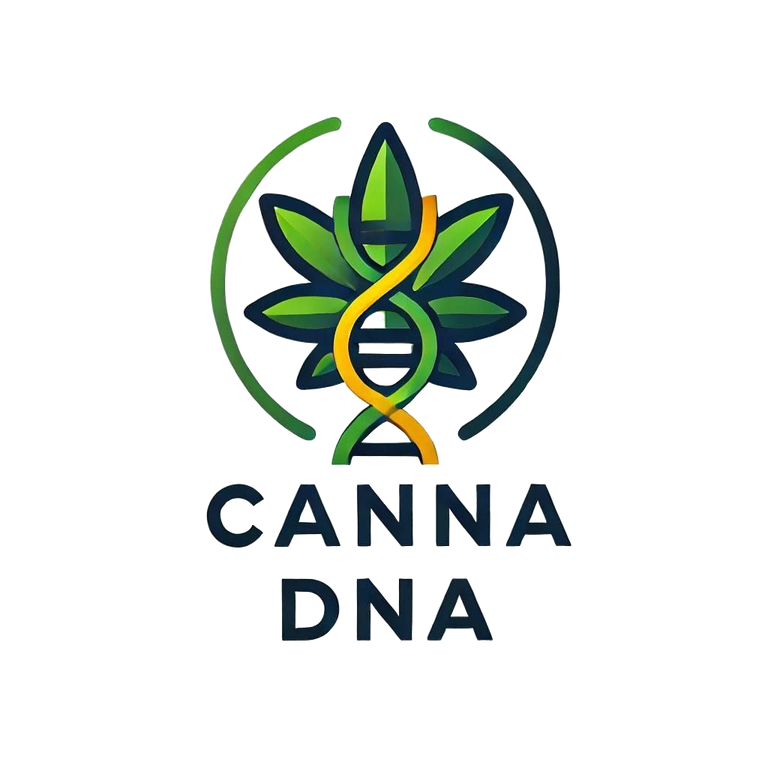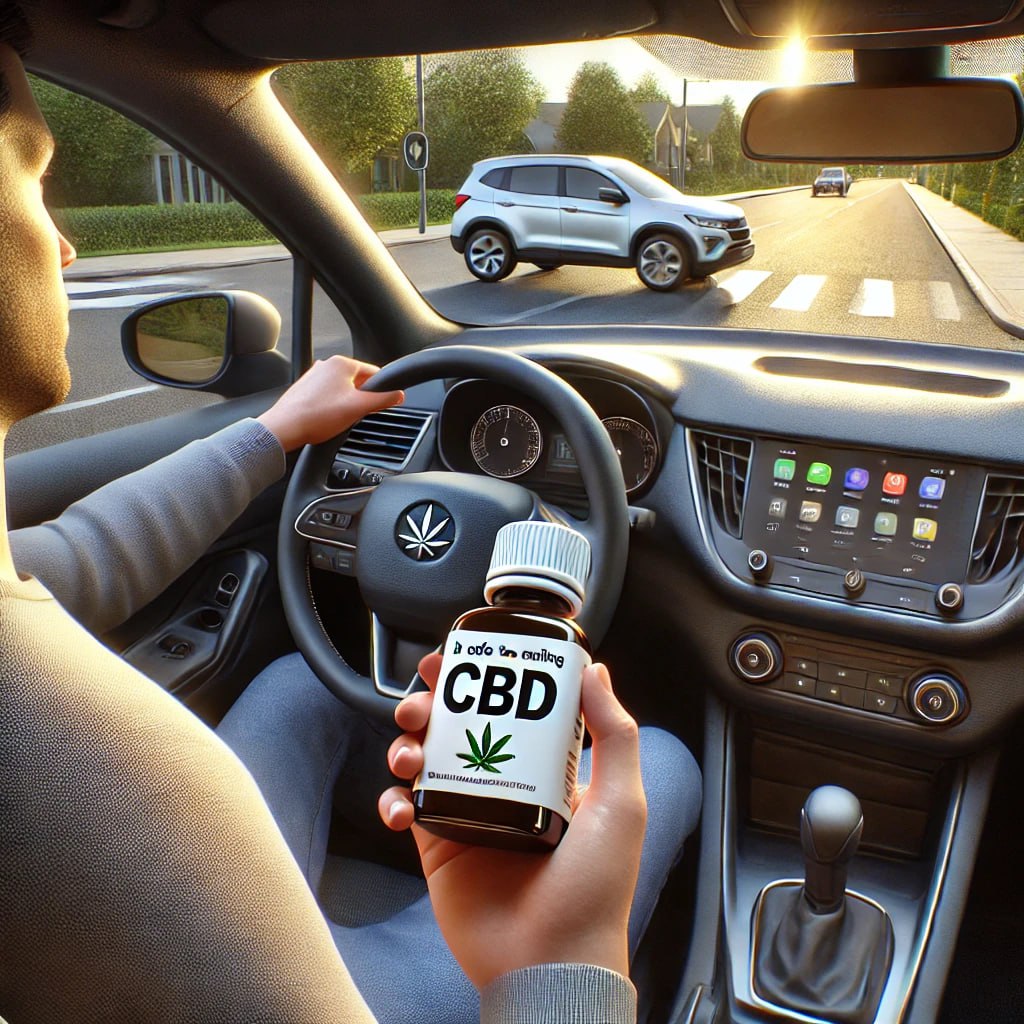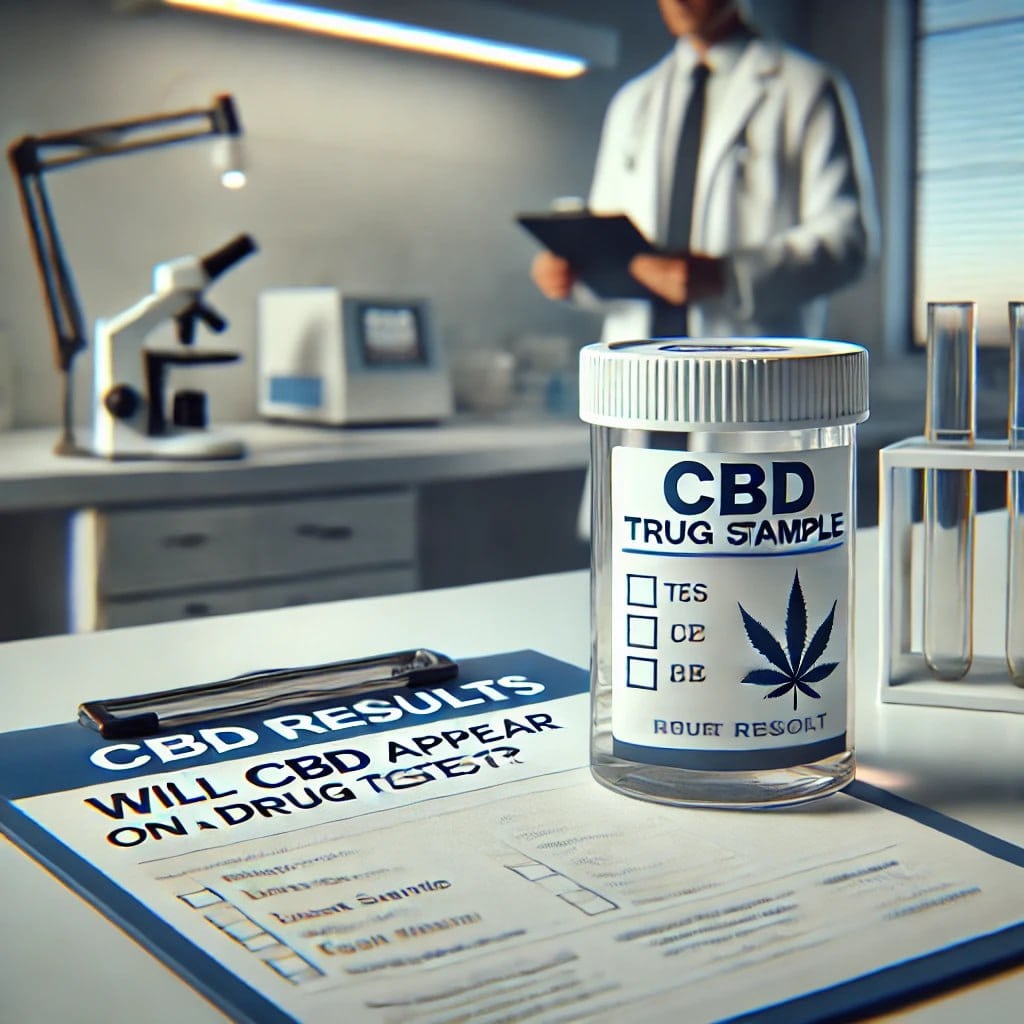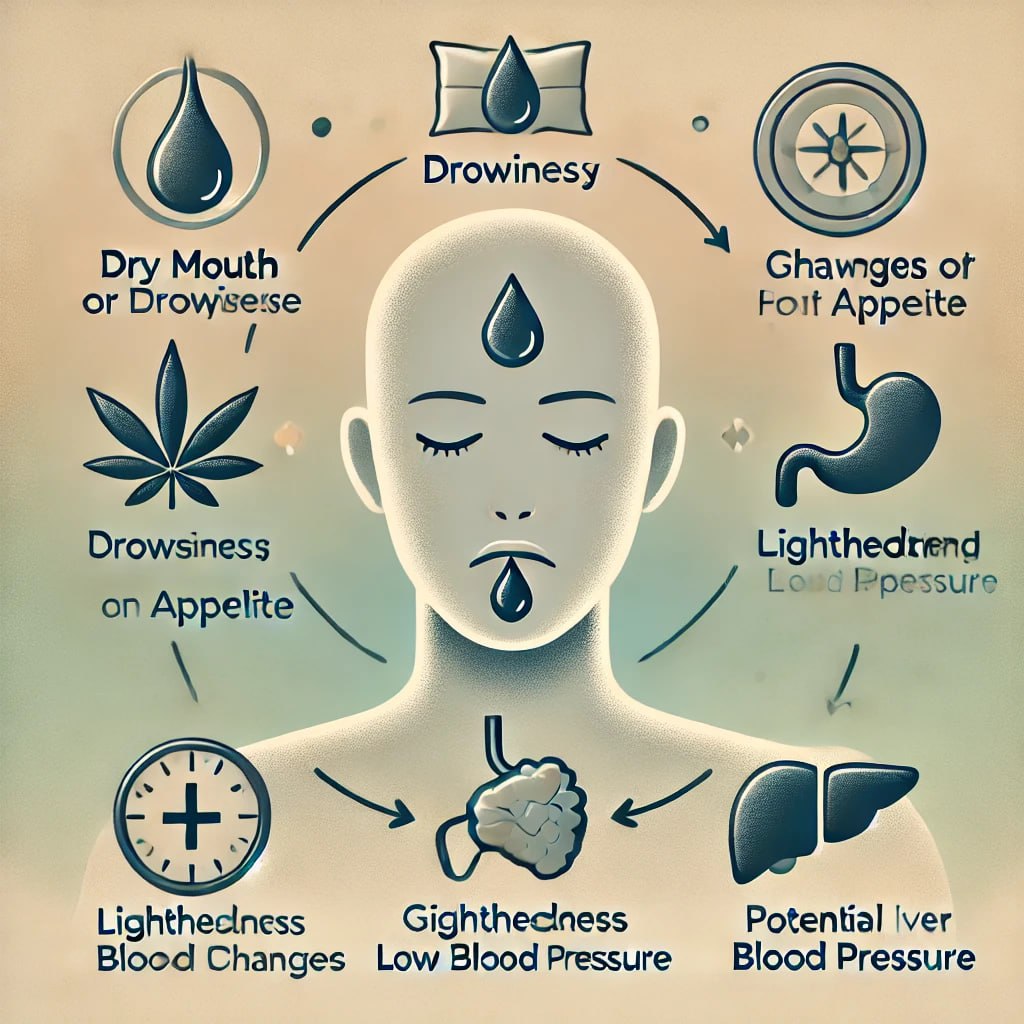Trying to improve your overall wellness the last thing you want is to consume something unhealthy accidentally. CBD additives, why they’re used, which ones could be problematic, and how to make an informed choice when shopping for CBD products will be reviewed in this post.
Common additives in CBD products
CBD products come in all shapes and sizes — tinctures, edibles, topicals and so on. Manufacturers often add ingredients to enhance flavor, texture or shelf life. Here are a few common additives you’re likely to see:
- Carrier oils
Most CBD oils use a carrier like MCT oil (derived from coconuts), hemp seed oil or olive oil. They help with absorption and flavor. These are generally safe. But you may have dietary restrictions or allergies to specific carrier oils. - Natural flavorings
CBD on its own has a slightly earthy taste. Many companies add natural flavors like peppermint, citrus or vanilla. - Sweeteners
Stevia, honey, agave or sugar can make CBD edibles and tinctures more enjoyable. - Preservatives
Preservatives help extend a product’s shelf life. Many natural-based preservatives (like vitamin E) are typically safe, but it’s wise to do a little research on chemical preservatives if you see them listed.
Harmful ingredients to watch out for
There are some ingredients you’ll want to approach with caution:
- Propylene glycol (PG) and vegetable glycerin (VG)
These are commonly found in vape products. And some people may experience irritation or allergic reactions when inhaling PG or VG. - Artificial flavorings and colors
Synthetic additives can sometimes contain compounds that irritate sensitive individuals. Plus, many prefer to avoid artificial flavoring and coloring agents altogether. If you want a more natural product, then look for labels that clearly state “no artificial flavors” or “no synthetic dyes”. - Vitamin E acetate
This ingredient gained notoriety after being linked to serious lung issues in some vaping products. So its use in CBD is less common now. - Harsh chemical preservatives
Certain chemical preservatives might not be enjoyable for your body. Do a bit of research to confirm its safety profile. - Synthetic cannabinoids
Be sure you’re purchasing products derived from real hemp. Synthetic cannabinoids are sometimes added to low-grade products. Trustworthy brand will be clear about its hemp source and extraction methods.
How to read labels and certificates of analysis
Reading labels is one of the best ways to protect yourself. There are little instructions:
- Check the ingredients list
Look for transparent labeling. The more straightforward and easy to read, the better. Something you don’t recognize — do a quick online search. - Look for a third-party lab test (COA)
Reputable companies will provide a Certificate of Analysis (COA) from an independent lab. The COA should confirm the product’s cannabinoid profile (CBD & THC levels) and verify that it’s free of dangerous contaminants. - Assess the product’s source
High-quality CBD often comes from organically grown hemp. Such label can proudly state “USDA Organic” or “certified organic”.
Tips for choosing quality CBD products
The right CBD product can make a world of difference in supporting wellness goals. Here are my personal tips for selecting high-quality options:
- Research the brand
Look for companies with a strong reputation, transparent practices and good customer reviews. Unclear where the hemp is grown — red flag. - Opt for CO2 extraction
CO2 extraction is considered one of the cleanest methods. It doesn’t leave harmful solvents. Reputable brands highlight this. - Choose the right concentration
Different people require different CBD strengths. So find what’s right for you. - Look for natural ingredients
Natural sweeteners, organic carrier oils and real fruit extracts are often good indicators of quality.
Other questions
- Will harmful additives affect the potency of CBD?
In general, additives won’t reduce the potency of CBD itself. However, poor-quality additives can undermine the overall health benefits you’re seeking. Always choose products that prioritize both efficacy and purity. - Can I use CBD products with additives if I have allergies?
Yes, but proceed carefully. Consult with your doctor before starting any new supplement if you have any allergies. - How do I know if a CBD product is safe for vaping?
Seek out brands that state their vape products are free from vitamin E acetate, heavy metals and any harmful chemicals. A trustworthy COA is vital for vape cartridges too.
Summary
Know what you’re putting into your body. Most CBD additives are generally safe, but some ingredients you should avoid. Always read labels, check for third-party lab tests and look for reputable brands. You can choose high-quality CBD products by staying informed.



